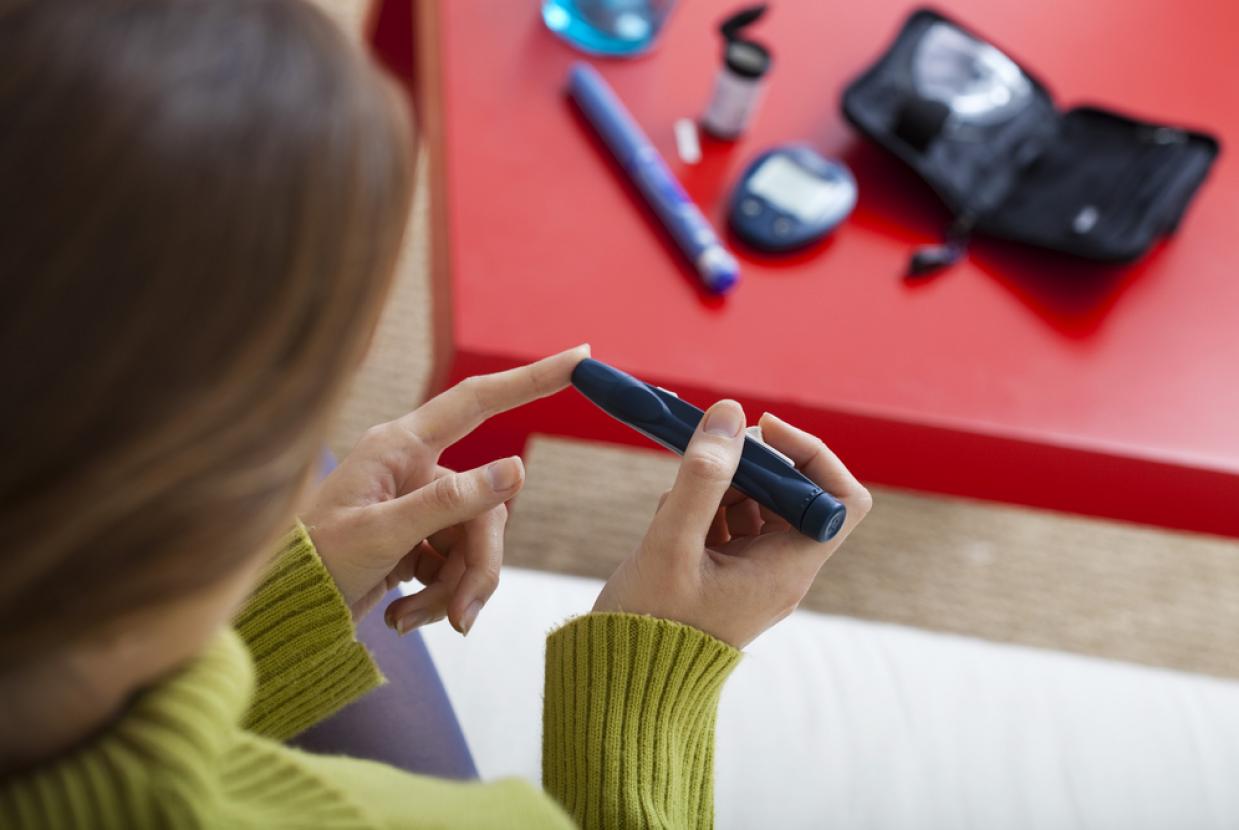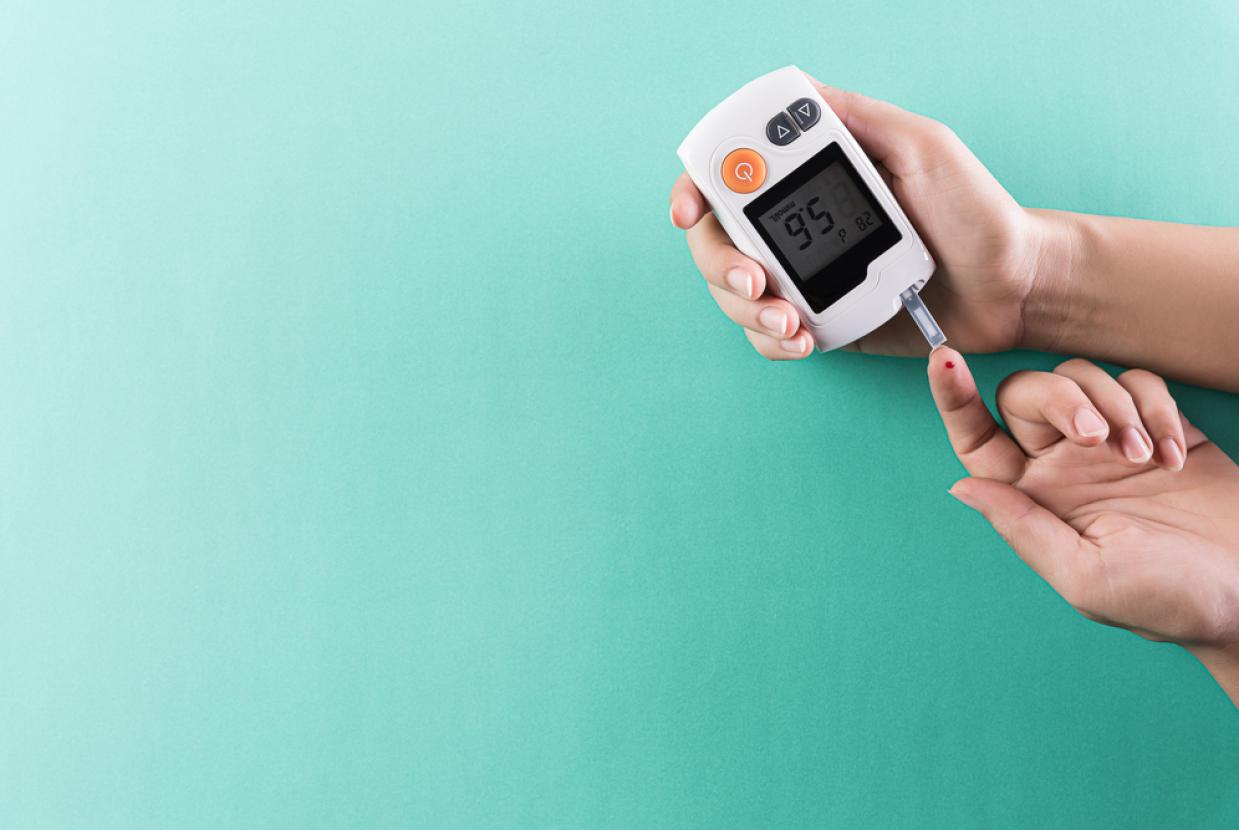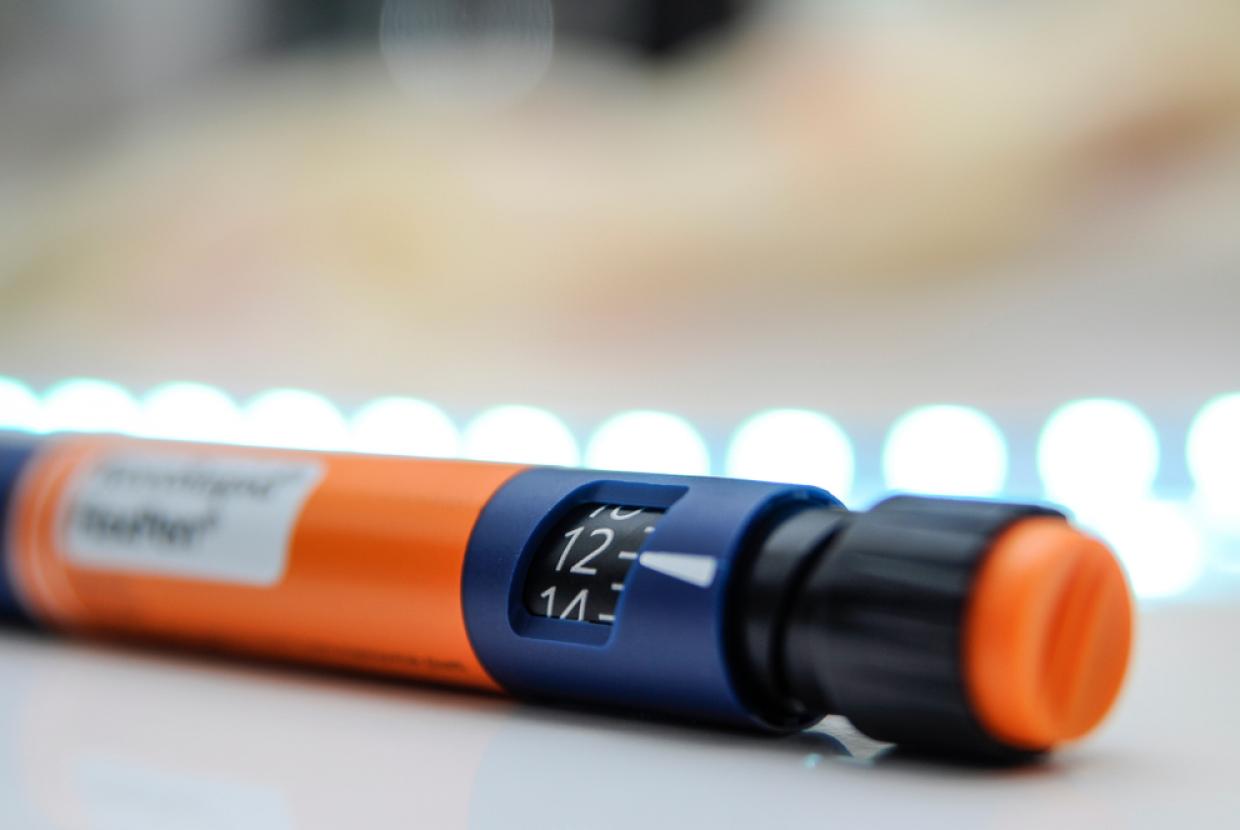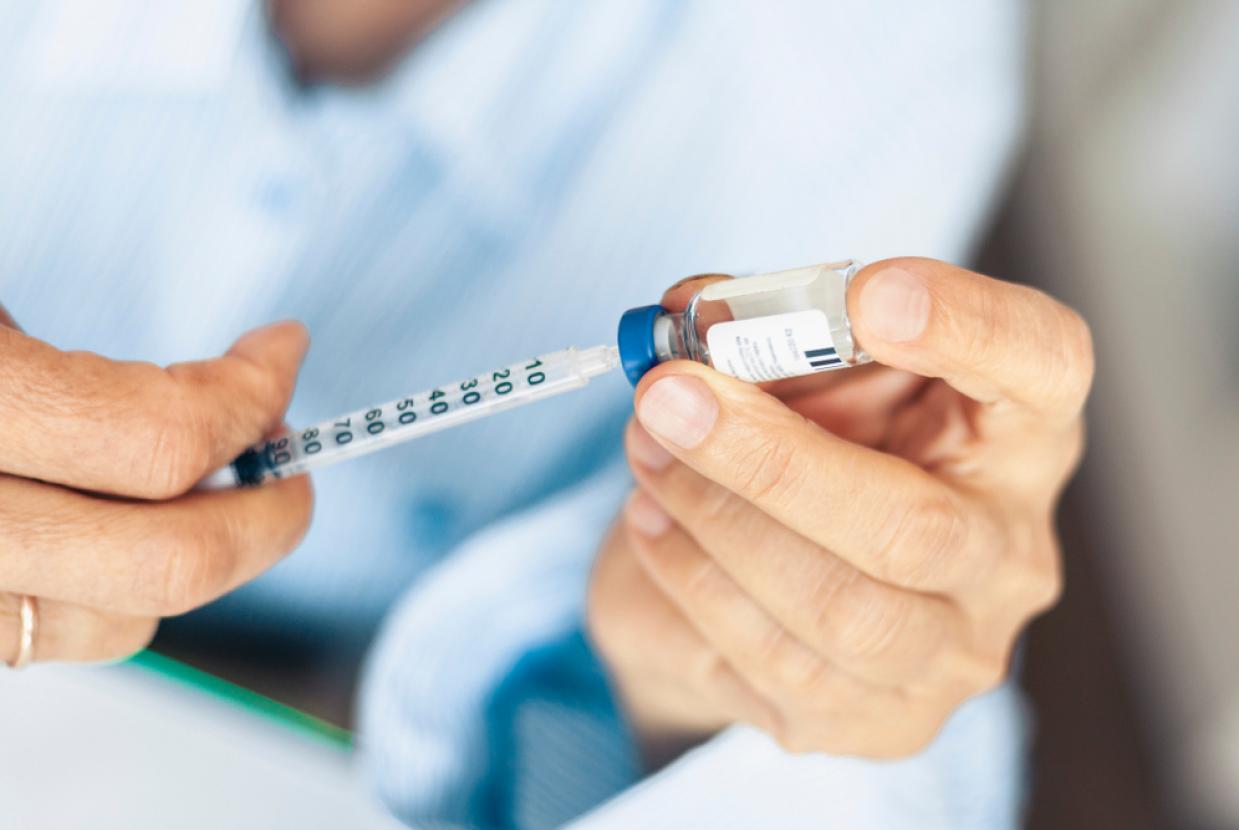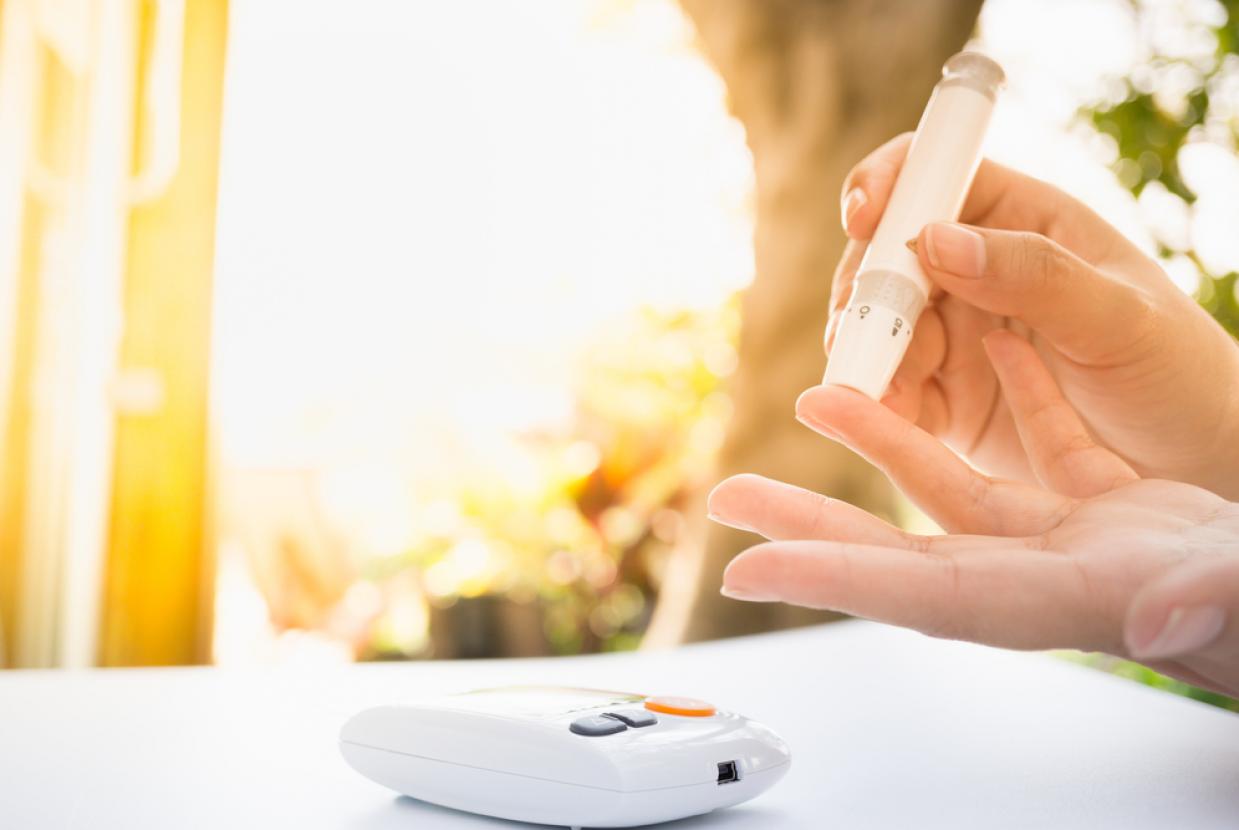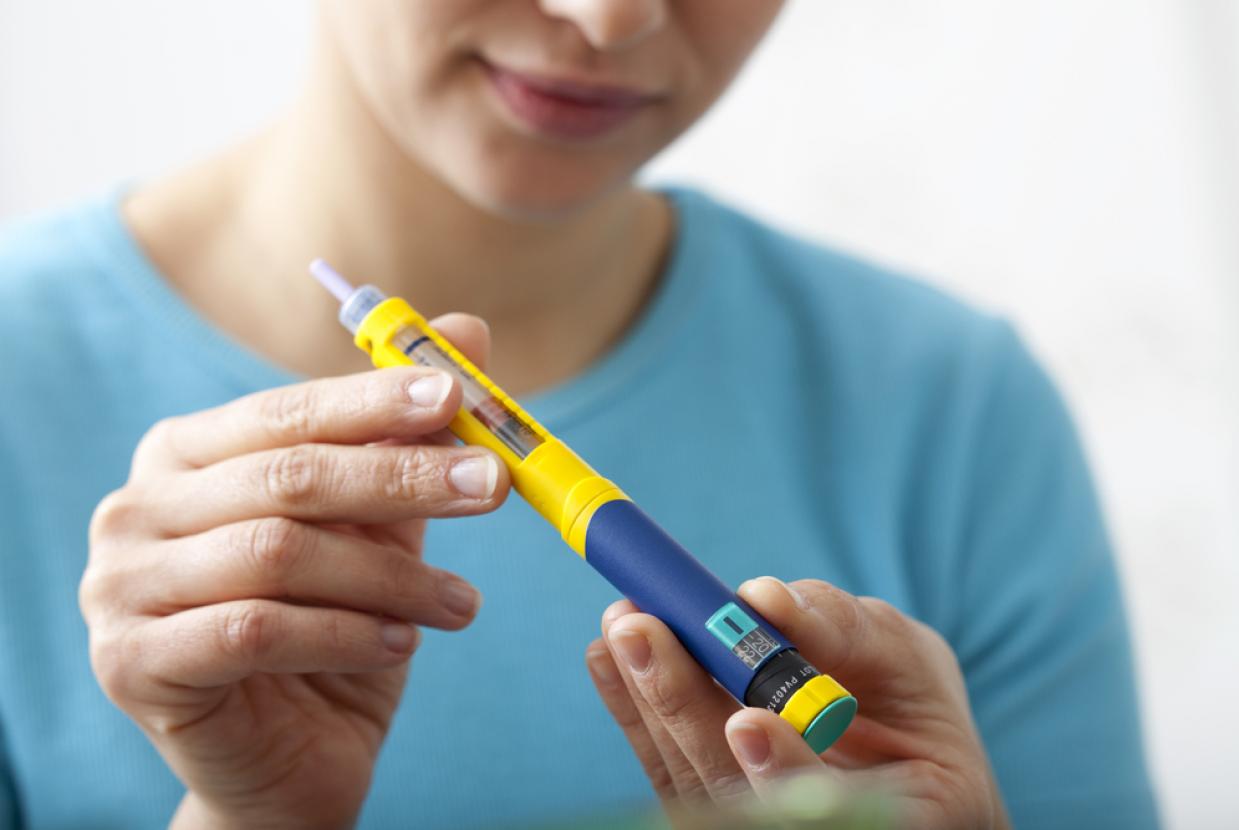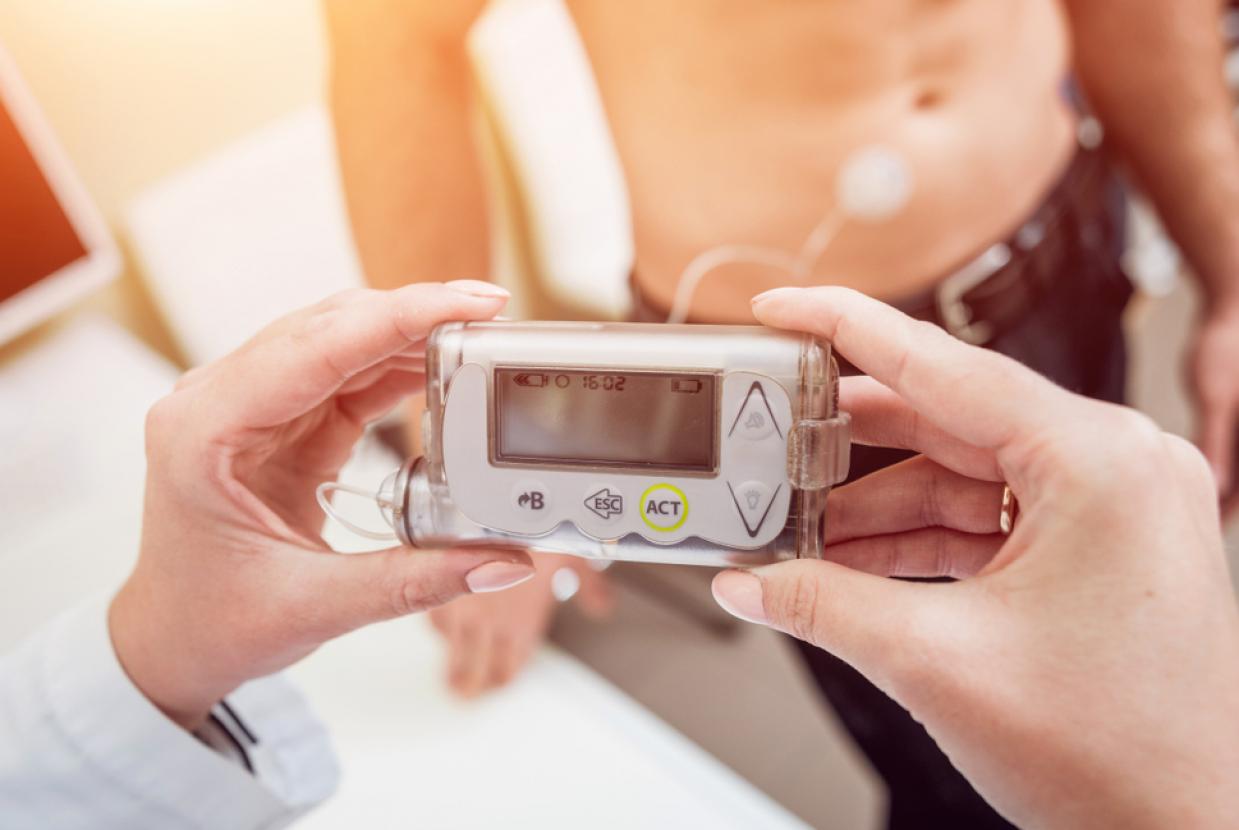Annual Diabetes Health Checks
DiabetesDiabetes can cause other health problems that can become serious if not picked up and monitored or treated in the early stages. So regular diabetes health checks – sometimes called your yearly or annual review - are part of your routine NHS treatment.
What diabetes health checks should I be getting?
As part of your annual review, these are the health checks you should be offered:
A blood test where enough blood is taken to be sent to the lab to check your:
- HbA1c (your average blood sugar levels for the past three months)
- Cholesterol levels (how much fat is in your blood)
- How well your kidneys are working
At the appointment you should also have:
- A foot check (done once every two years if your last check showed no problems)
- Your weight and height measured to work out your Body Mass Index (BMI), to see if you're a healthy weight for your height
- Your blood pressure measured.
Your healthcare team will also ask if you smoke, so you can be offered help to stop. It may not be at your annual review appointment, and is likely to be done by a different team, but you should also be invited to:
- A diabetic eye check - this is not the same as a sight test at the optician. Photos are taken of your eyes to see how diabetes is affecting them, as it can damage the blood vessels and cause an eye problem called diabetic retinopathy. This can cause sight loss if it isn’t treated.
Making the most of your appointments
Everybody living with diabetes should be able to have good quality conversations with their healthcare team, where you can discuss your individual needs and progress.
Before you go to your appointments, think about:
- Anything that’s worrying you about your diabetes.
- Whether your diabetes is affecting your general wellbeing and what help you might need.
- Whether you’ve read anything, or seen anything online that you want to discuss, like new research or a particular type of diabetes tech.
Your healthcare team might give or send you a form for blood tests or other tests you need before your appointment. It’s helpful to have your test results ready to talk about at your appointment, so try to have them done at least a week before. During the appointment:
- Remember that your healthcare team should always be led by your needs.
- If your questions aren’t being answered, don’t be afraid to ask again and bring the conversation back to what you want to discuss.
- If the appointment feels like it’s all about your diabetes numbers, try asking if you can discuss how diabetes is affecting your life and not just your blood sugars.
- At the end of your appointment, agree a clear plan of action, including how long it should be until your next appointment.
Remember, you can ask for another appointment, or a referral to a diabetes nurse or dietitian if you want to.
Managing your diabetes between appointments
It makes all the difference if you know how to manage your diabetes between appointments too. There are lots of things you can do to look after yourself at home, like eating a healthy diet to help manage your cholesterol and blood pressure, checking your feet daily for any changes, and keeping active.
Discover how to look after your diabetes with confidence, in our free Learning Zone, with interactive quizzes and expert advice from healthcare professionals.
Care to expect when you’re first diagnosed
Everyone living with diabetes should have certain checks and appointments when they’re first diagnosed with diabetes, to make sure you understand your condition and can live well with diabetes. If you didn’t have any of these when you were first diagnosed, speak to your healthcare team.
Everyone living with type 1 or type 2 diabetes should have:
- A full assessment of your medical history, and anything going on in your personal life that might affect your diabetes.
- A referral to a diabetes group education programme that works for you and your cultural background, or the same type of education in a one-to-one appointment if you prefer. This should be within a year of diagnosis if you live with type 1 diabetes.
Within six months of being diagnosed with type 1 diabetes, you should have:
- An individual diabetes management plan, discussed and agreed on with your healthcare team, that works for you and your cultural background, including your personal targets, contact details for your diabetes team and follow-up plans.
- Detailed information on how to live well with type 1 diabetes including giving your insulin, counting carbohydrates, managing hypos, managing when you’re ill, physical activity, and DVLA requirements for driving.
- A review with a dietitian.
- Your antibodies measured to confirm your diagnosis if it’s not clear what type of diabetes you have.
When you’re diagnosed with type 2 diabetes, you should have:
- If it’s right for you, a discussion about weight management or weight loss and type 2 diabetes remission, which is when your average blood sugar levels are no longer in the range for diabetes and you don’t need medication.
- A review of your emotional wellbeing and mental health needs.
- A review of your medication.
- A summary of your agreed diabetes management plan and when it should be reviewed again.
Regular care to expect
Everyone living with diabetes should have these diabetes checks and tests every year. If there are any that you haven’t had in the last year, speak to your healthcare team. Each year, everyone with diabetes should have:
- An HbA1c test, which checks your average blood sugar levels over the last three months.
- A blood pressure check, a cholesterol test to check your blood fats, and blood and urine tests to check how well your kidneys are working.
- A review of your weight and BMI
- Eye screening to check for signs of diabetic retinopathy, which is a complication of diabetes. But this might be every other year if your previous checks were fine.
- A foot check to make sure you don’t have problems with nerves or circulation in your feet. This may be once every other year if you live in Scotland and are at low risk for foot problems.
- A review and update of your agreed diabetes management plan.
- A review of the diabetes knowledge you already have and would like to have.
Care to expect if you need it
There are some diabetes checks and appointments that you should have access to but not everyone will need. Speak to your healthcare team if you think you need any of this help but aren’t getting it. Everyone with diabetes should have access to:
- An HbA1c check every three to six months if you’re struggling to meet your targets.
- The chance to meet and get support from other people living with diabetes.
- Good quality care with access to diabetes specialists if you’re in hospital, including access to mental health support if needed.
- Pre-pregnancy review if you’re planning to have a baby, and advice from specialists at least 12 weeks before stopping contraception.
- Regular reviews at least every two weeks by the diabetes team during pregnancy.
- A review of your emotional health and wellbeing needs.
- A review and update of your management plan.
Everyone living with type 1 diabetes should have access to:
- A review of the diabetes knowledge you already have and would like to have,
- Advice about your diet from a dietitian.
- A thyroid function blood test.
- A chat about diabetes technology offered locally that could help you. This includes continuous or flash glucose monitoring, which everyone should have access to if they would like it, or an insulin pump if you are not meeting your targets.
- Support from specialists who can help you manage your medication and blood sugars around physical activity.
Everyone living with type 2 diabetes should have access to:
- Support to lose weight if you want or need to.
- Advice on physical activity.
- Technology to monitor your blood sugar levels, like a continuous glucose monitor, depending on certain criteria.
You will also have access to other NHS care that is still important for your diabetes management, like flu and Covid-19 vaccines, screening services for other conditions, help to give up smoking, weight management support, and dental care
Some areas offer other opportunities to improve your general health and diabetes wellbeing, like weight management, organised physical activity and active community groups. Ask your healthcare team what other support is available to you.












